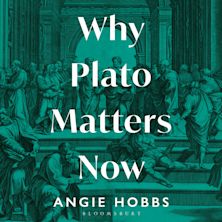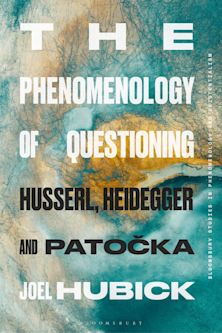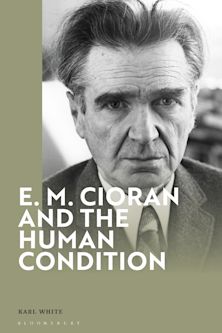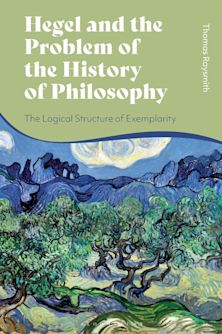A History of Habit
From Aristotle to Bourdieu
A History of Habit
From Aristotle to Bourdieu
This product is usually dispatched within 3 days
- Delivery and returns info
-
Free CA delivery on orders $40 or over
Description
From bookshelves overflowing with self-help books to scholarly treatises on neurobiology to late-night infomercials that promise to make you happier, healthier, and smarter with the acquisition of just a few simple practices, the discourse of habit is a staple of contemporary culture high and low. Discussion of habit, however, tends to neglect the most fundamental questions: What is habit? Habits, we say, are hard to break. But what does it mean to break a habit? Where and how do habits take root in us? Do only humans acquire habits? What accounts for the strength or weakness of a habit? Are habits something possessed or something that possesses? We spend a lot of time thinking about our habits, but rarely do we think deeply about the nature of habit itself.
Aristotle and the ancient Greeks recognized the importance of habit for the constitution of character, while readers of David Hume or American pragmatists like C.S. Peirce, William James, and John Dewey know that habit is a central component in the conceptual framework of many key figures in the history of philosophy. Less familiar are the disparate discussions of habit found in the Roman Stoics, Thomas Aquinas, Michel de Montaigne, René Descartes, Gilles Deleuze, French phenomenology, and contemporary Anglo-American philosophies of embodiment, race, and gender, among many others.
The essays gathered in this book demonstrate that the philosophy of habit is not confined to the work of just a handful of thinkers, but traverses the entire history of Western philosophy and continues to thrive in contemporary theory. A History of Habit: From Aristotle to Bourdieu is the first of its kind to document the richness and diversity of this history. It demonstrates the breadth, flexibility, and explanatory power of the concept of habit as well as its enduring significance. It makes the case for habit’s perennial attraction for philosophers, psychologists, and sociologists.
Table of Contents
Part One: Classical Accounts of Moral Habituation
Chapter 1: Habit, Habituation, and Character in Aristotle's Nicomachean Ethics
Chapter 2: The Roman Stoics on Habit
Chapter 3: Aquinas on Habitus
Chapter 4: Negotiating with a New Sovereign: Montaigne's Transformation of Habit into Custom
Part Two: Habits of Thought, Action, and Memory in Modernity
Chapter 5: From Habits to Traces
Chapter 6: Habit, Custom, History and Hume's Critical Philosophy
Chapter 7: Between Freedom and Necessity: Ravaisson on Habit and the Moral Life
Chapter 8: A Moralist in an Age of Scientific Analysis and Skepticism: Habit in the Life and Work of William James
Chapter 9: Habitual Body and Memory in Merleau-Ponty
Part Three: The Application of Habit in Contemporary Theory
Chapter 10: The Fly Wheel of Society: Habit and Social Meliorism in the Pragmatist Tradition
Chapter 11: Oppression in the Gut: The Biological Dimensions of Deweyan Habit
Chapter 12: Conceiving Things: Deleuz
Product details
| Published | Feb 26 2015 |
|---|---|
| Format | Paperback |
| Edition | 1st |
| Extent | 328 |
| ISBN | 9781498511292 |
| Imprint | Lexington Books |
| Dimensions | 228 x 154 mm |
| Publisher | Bloomsbury Publishing |
Reviews

ONLINE RESOURCES
Bloomsbury Collections
This book is available on Bloomsbury Collections where your library has access.



































